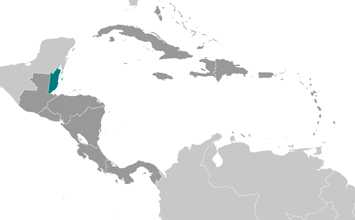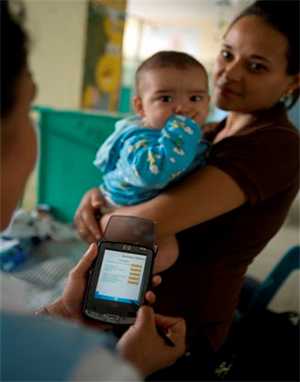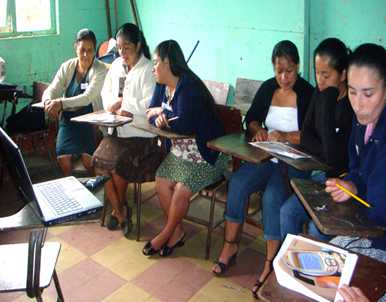
CDC has been collaborating with public health institutions in Central America since the 1960s. Through these alliances, CDC has been able to address priority public health burdens in Belize. CDC programs working in Belize include the Global HIV/AIDS Program, International Influenza Program, International Emerging Infectious Program and the Field Epidemiology Training Program.
Download Overview Fact Sheet
 Belize at a Glance
Belize at a Glance
Population: 317,900
Per capita income: $5,990
Life expectancy at birth women/men: 76/72 yrs
Infant mortality rate: 17/1000 live births
Population Reference Bureau World Population Data Sheet, 2011
 Top 10 Causes of Death
Top 10 Causes of Death
Source: GBD Compare, 2010
- Cancer 15%
- Ischemic Heart Disease 12%
- HIV 11%
- Stroke 7%
- Diabetes 7%
- Lower Respiratory 6%
- Road Injuries 7%
- Interpersonal Violence 4%
- Chronic Kidney Disease 4%
- Cirrhosis 3%
What CDC Is Doing
- Page last reviewed: May 11, 2017
- Page last updated: May 11, 2017
- Content source:
Global Health
Notice: Linking to a non-federal site does not constitute an endorsement by HHS, CDC or any of its employees of the sponsors or the information and products presented on the site.



 ShareCompartir
ShareCompartir


 CDC International Influenza Program supports the process of the implementation of the International Health Regulations and the national laboratories surveillance networks for influenza. The Influenza Program is also enhancing the capabilities for diagnosis of influenza based on immunofluorescence in the National Reference Laboratory, and the implementation of PAHO's Operational Guidelines for National Intensified Surveillance of Severe Acute Respiratory Infection. The Crisis Leadership Workshop led to the formation of the Commission to support the Preparedness Response Capacity of the Ministry of Health in collaboration with the Department of Epidemiology of the University of Miami.
CDC International Influenza Program supports the process of the implementation of the International Health Regulations and the national laboratories surveillance networks for influenza. The Influenza Program is also enhancing the capabilities for diagnosis of influenza based on immunofluorescence in the National Reference Laboratory, and the implementation of PAHO's Operational Guidelines for National Intensified Surveillance of Severe Acute Respiratory Infection. The Crisis Leadership Workshop led to the formation of the Commission to support the Preparedness Response Capacity of the Ministry of Health in collaboration with the Department of Epidemiology of the University of Miami.